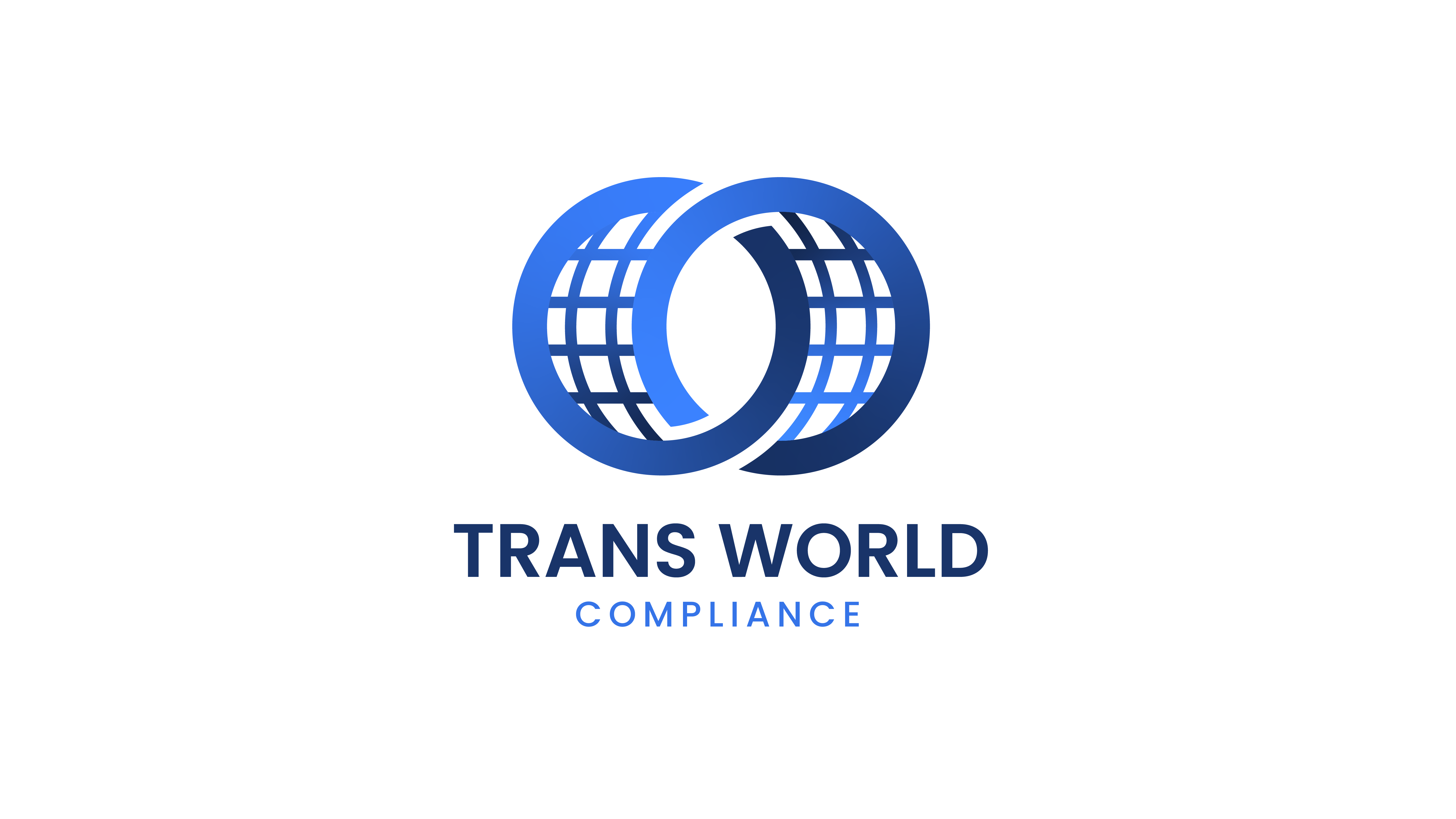Title
If you owe tax on income or gains, it’s important to let HMRC know about any unpaid tax as soon as possible. This blog article explains how to make a voluntary disclosure.
You can use the Digital Disclosure Service (DDS) to tell HMRC that you’ve not declared the right amount of tax on one or more of the following: Income Tax, Capital Gains Tax, National Insurance Contributions, or Corporation Tax. The DDS gives individuals and businesses the opportunity to bring up any unpaid tax in a simple, easy way.
Title
If you owe tax on income or gains, it’s important to let HMRC know about any unpaid tax as soon as possible. This blog article explains how to make a voluntary disclosure.
You can use the Digital Disclosure Service (DDS) to tell HMRC that you’ve not declared the right amount of tax on one or more of the following: Income Tax, Capital Gains Tax, National Insurance Contributions, or Corporation Tax. The DDS gives individuals and businesses the opportunity to bring up any unpaid tax in a simple, easy way.
Title
If you owe tax on income or gains, it’s important to let HMRC know about any unpaid tax as soon as possible. This blog article explains how to make a voluntary disclosure.
You can use the Digital Disclosure Service (DDS) to tell HMRC that you’ve not declared the right amount of tax on one or more of the following: Income Tax, Capital Gains Tax, National Insurance Contributions, or Corporation Tax. The DDS gives individuals and businesses the opportunity to bring up any unpaid tax in a simple, easy way.

